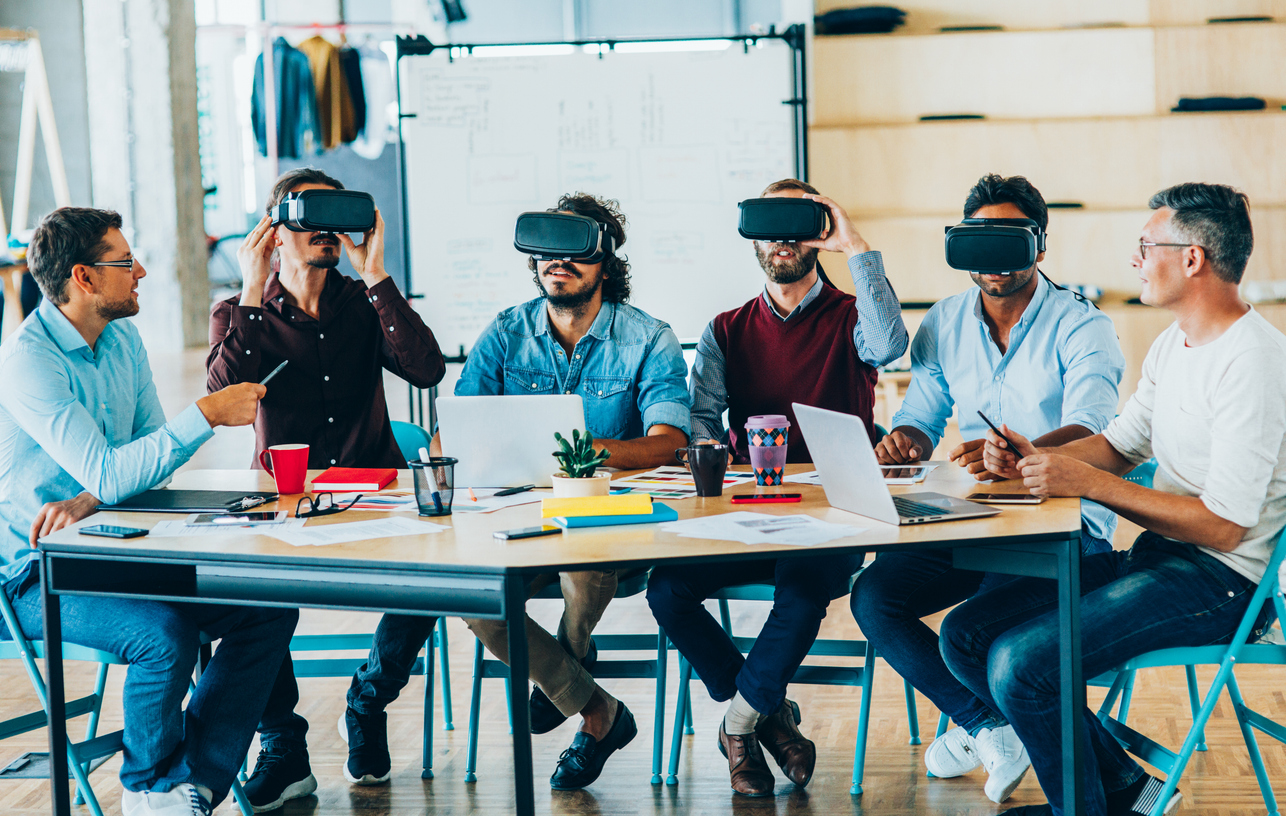
The Impact of Virtual Reality Training on Maritime Employers Liability Insurance
March 11, 2025
As maritime companies embrace virtual reality (VR) for crew training, they are transforming safety and risk management in the industry. VR-based immersive simulations provide seafarers with hands-on experience in realistic, risk-free environments, allowing them to develop critical skills and improve decision-making. This advanced training approach reduces the likelihood of accidents, which directly impacts maritime employers liability (MEL) insurance by lowering claims and enhancing coverage effectiveness. Insurance agents should recognize the growing role of VR in risk mitigation and its potential to strengthen MEL policies for maritime businesses.
Why Maritime Employers Liability Insurance Matters
MEL insurance is a vital safeguard for maritime employers, protecting them against injury, illness, or death claims from crew members working on non-owned vessels. Unlike traditional workers’ compensation, MEL is tailored to the unique risks of the maritime industry, covering incidents that occur offshore, at marinas, or in shipyards. These policies are essential for businesses that employ seafarers, ensuring they meet legal and financial responsibilities while providing crucial protection for their workforce.
How VR Training Enhances Maritime Safety and Competency
VR training is transforming maritime safety by offering a more effective, controlled, and interactive approach to learning. These simulations create immersive learning environments that replicate real-world maritime conditions, allowing crew members to practice navigation, vessel operations, and emergency procedures in a safe setting.
By enhancing emergency preparedness, VR enables crew members to rehearse crisis scenarios such as fires, equipment failures, and man-overboard incidents, improving their ability to respond under pressure. Additionally, multi-user training capabilities allow crews to train together virtually, even from different locations, fostering teamwork and coordination.
Reducing MEL Risks Through VR Training
By improving training effectiveness, VR directly contributes to reducing the risks covered by MEL insurance. Fewer workplace accidents result from well-trained employees because they are less likely to make costly errors that lead to injuries.
VR also reinforces compliance with safety standards, ensuring employees meet regulatory requirements and reducing liability exposure. Furthermore, enhanced skills assessment allows businesses to track trainee progress, identify skill gaps, and address weaknesses before employees face real-world hazards.
The Insurance Advantages for MEL Policyholders
VR training helps maritime businesses reduce risks, improve safety records, and strengthen their insurance positions.
- Lower claims frequency: Fewer workplace injuries lead to fewer MEL claims and potential premium reductions.
- Stronger underwriting profiles: Companies using VR training may be viewed as lower-risk policyholders, improving their insurance terms.
- Risk-mitigation strategies: Insurance agents can guide clients on integrating VR to enhance safety and reduce liability exposure.
Challenges and Considerations for Insurance Agents and Policyholders
Integrating VR into maritime training presents challenges that insurance agents and policyholders must carefully evaluate.
- Adoption barriers: High costs, implementation difficulties, and resistance to new training methods can slow adoption.
- Underwriting considerations: Insurers assess how VR training affects risk exposure when determining coverage and premiums.
- Long-term investment in safety: While VR has upfront costs, it can lead to fewer claims and long-term insurance savings.
The Future of VR in Maritime Risk Management
As VR technology advances, its role in maritime risk management will continue to grow. Expanding VR capabilities, including artificial intelligence (AI) and augmented reality (AR), are making training simulations more realistic and adaptable to different operational scenarios.
Insurers may soon introduce insurance incentives, offering better policy terms to businesses that implement VR to enhance safety and reduce claims. Additionally, growing industry adoption is expected as more maritime companies recognize the value of VR in training their crews efficiently while minimizing operational risks.
Better Training
VR helps reduce maritime risks by improving crew training, leading to fewer accidents and stronger MEL insurance policies. Insurance agents should encourage clients to adopt VR as a proactive risk management tool that can lower claims and enhance safety.
Partner with Merrimac Marine Insurance to find the best MEL coverage for clients using VR training — enhance safety, reduce risks, and optimize insurance solutions today.
About Merrimac Marine Insurance
At Merrimac Marine, we are dedicated to providing insurance for the marine industry to protect your clients’ businesses and assets. For more information about our products and programs, contact our specialists today at (800) 681-1998.
